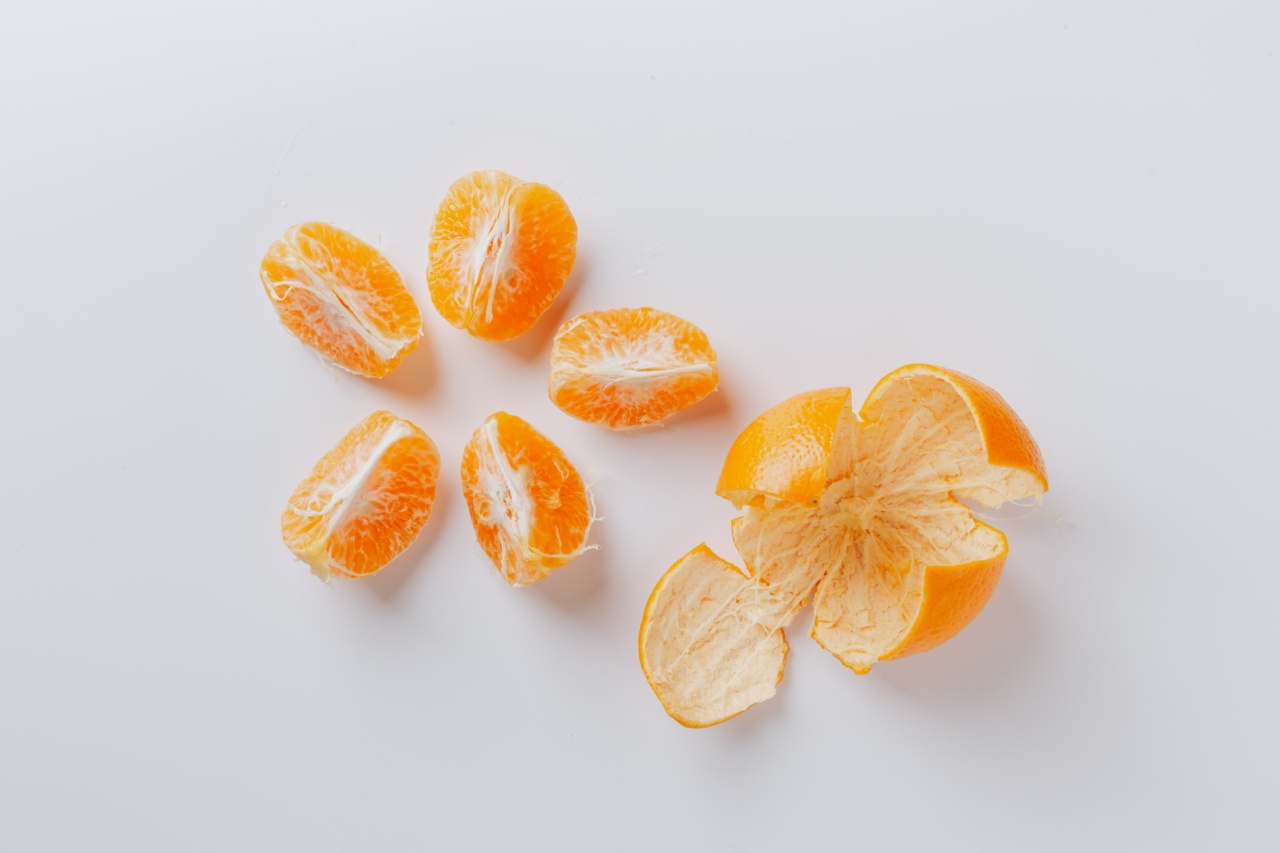When it comes to achieving healthy, glowing skin, what you eat is just as important as what you put on it. Your skin is the largest organ in your body, and like all other organs, it requires proper nutrients to function properly.
By incorporating certain foods into your diet, you can help promote healthy skin from the inside out. Here are some of the best foods to eat for glowing skin:.
1. Avocado
Avocado is a great source of healthy fats, which are essential for keeping your skin hydrated and supple. It’s also rich in vitamin E, a powerful antioxidant that helps protect your skin from damage by free radicals.
Additionally, avocados contain vitamin C, which helps boost collagen production and can help reduce the appearance of fine lines and wrinkles.
2. Berries
Blueberries, strawberries, raspberries, and other berries are packed with antioxidants that can help protect your skin from damage by free radicals.
They’re also rich in vitamin C, which is essential for collagen production, and can help keep your skin looking smooth and youthful.
3. Fatty Fish
Fatty fish like salmon, mackerel, and sardines are loaded with omega-3 fatty acids, which are crucial for healthy skin.
These healthy fats help keep your skin hydrated and plump, and can even help reduce inflammation that can contribute to conditions like acne and psoriasis.
4. Leafy Greens
Kale, spinach, and other leafy greens are packed with vitamins and minerals that can help promote healthy skin. They’re rich in vitamin A, which is important for cell turnover, and vitamin C, which is essential for collagen production.
Plus, leafy greens contain antioxidants that can help protect your skin from damage.
5. Nuts
Nuts like almonds, walnuts, and cashews are great sources of healthy fats, which are essential for healthy skin. They’re also rich in vitamin E, an antioxidant that helps protect your skin from damage by free radicals.
Additionally, nuts contain zinc, which can help reduce inflammation and promote healthy skin.
6. Sweet Potatoes
Sweet potatoes are a great source of beta-carotene, a nutrient that can help protect your skin from damage by the sun.
Beta-carotene is converted to vitamin A in your body, which is important for healthy skin, and can help reduce the appearance of fine lines and wrinkles.
7. Tomatoes
Tomatoes are rich in lycopene, an antioxidant that can help protect your skin from damage by the sun. Lycopene may also help reduce the appearance of fine lines and wrinkles, and can even help improve skin texture.
8. Whole Grains
Whole grains like brown rice, quinoa, and oats are rich in nutrients that can help promote healthy skin.
They’re a great source of vitamins B and E, which are important for healthy skin, and can help reduce inflammation that can contribute to conditions like acne and eczema.
9. Yogurt
Yogurt is a great source of probiotics, which are beneficial bacteria that can help improve gut health. A healthy gut is important for healthy skin, as studies have shown that gut bacteria can influence skin conditions like acne and rosacea.
10. Water
While it’s not technically food, drinking water is essential for healthy skin. Proper hydration helps keep your skin hydrated and supple, and can even help reduce the appearance of fine lines and wrinkles.
Aim for at least 8 glasses of water per day, and more if you’re active or live in a hot climate.
By incorporating these foods into your diet, you can help promote healthy, glowing skin from the inside out. Of course, it’s important to also take care of your skin from the outside by using sunscreen, moisturizer, and other skin care products.
But by nourishing your skin from within, you can help ensure that it stays healthy, radiant, and beautiful.




























